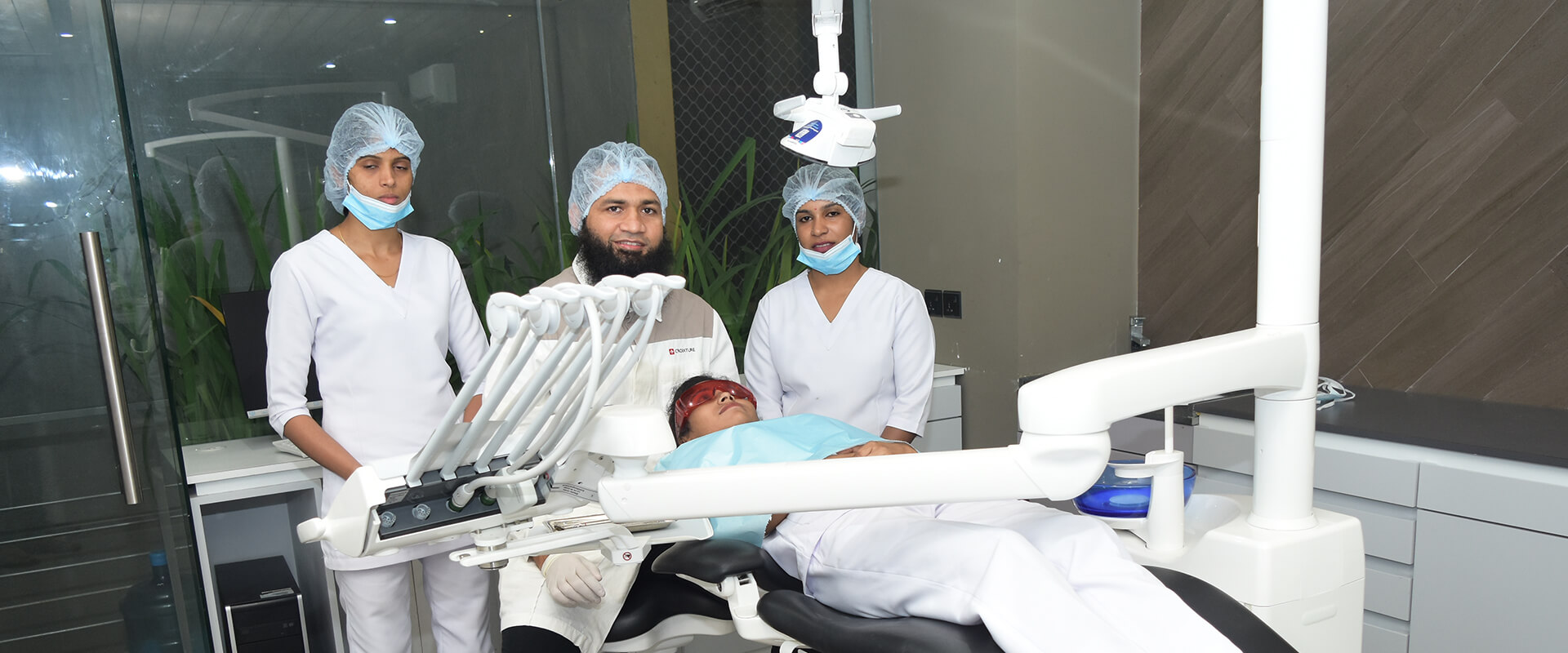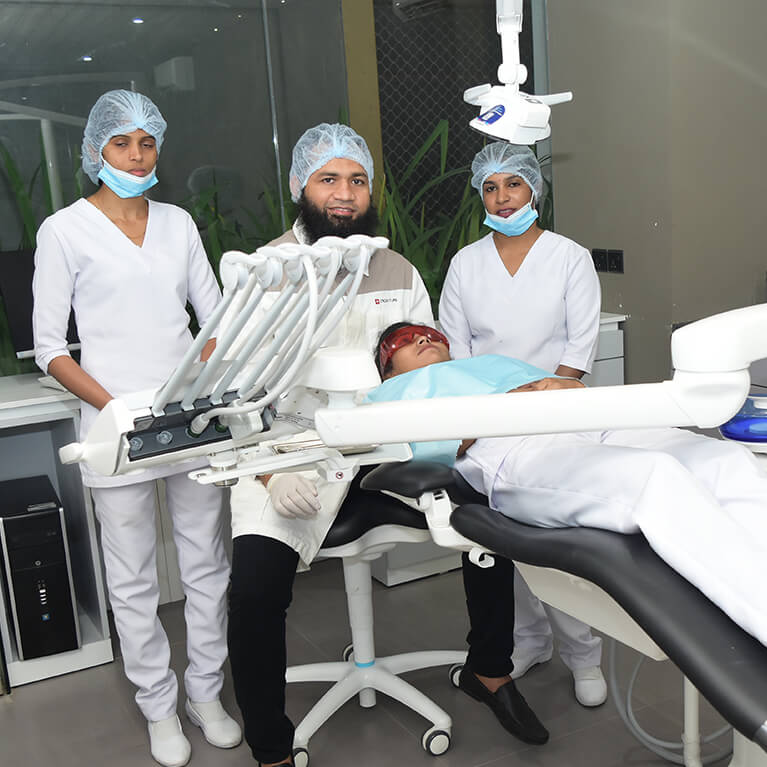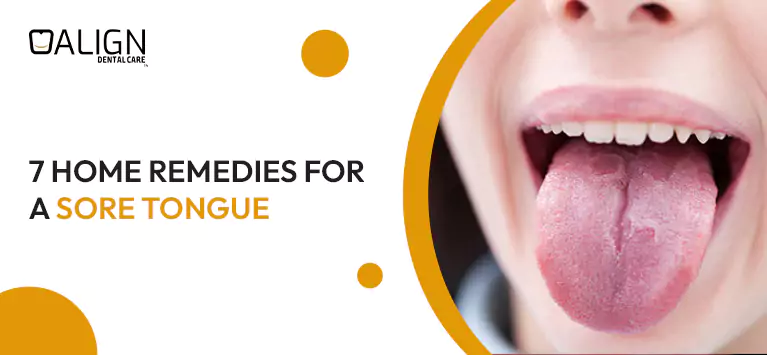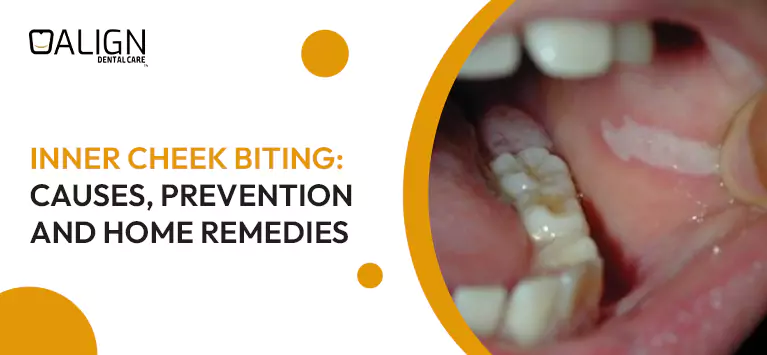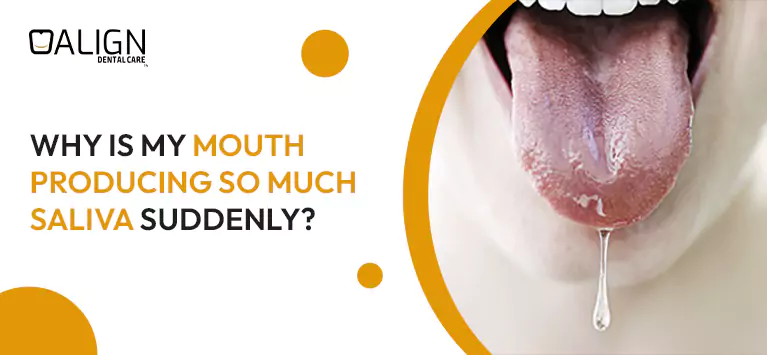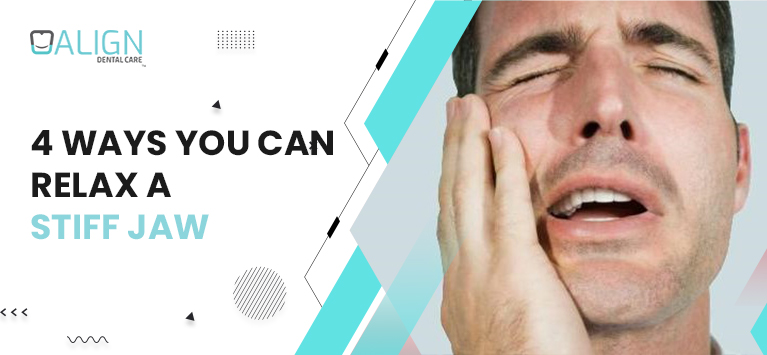
4 Ways You Can Relax a Locked & Stiff Jaw
Stress, temporomandibular joint problems, nighttime teeth grinding, and tetanus, often known as lockjaw, are just a few causes of a tight jaw. Your temporomandibular joint controls your jaw (TMJ). Stress, misalignment, and tooth grinding can cause your TMJ to tighten or lock.
Visit your dentist if your locked jaw gets painful or severe. By using a mouthguard and managing your stress, you can keep your jaw in good shape.
What is a Stiff Jaw?
A stiff jaw is a painful condition that frequently results in other complications including headaches and stiffness in the neck or face. To help with its relaxation, massage your jaw and engage in soothing, de-stressing jaw activities.
Numerous sections of your body may experience pain or discomfort due to a tight jaw. The pain may be described as achy, throbbing, sensitive, or severe, depending on its level of intensity. While eating or yawning, these sensations might get worse.
The pain’s precise site might also change. If your jaw is tight, you could have pain on:
- your face, either one or both sides.
- Jaw
- head
- teeth
- neck
- nose
- mouth
- ear
Causes of Locked Jaws
1) Temporomandibular joint disorders (TMD or TMJD)
The jaw joint and surrounding muscles hurt as a result of TMD. One or both hinge joints may experience discomfort or locking as a result (temporomandibular joints). These joints are situated between the temporal bone and the lower jaw.
2) Stress
You could unknowingly clench your jaw or grind your teeth while you’re asleep if you’re experiencing tension or worry. While awake, you could unknowingly tighten your jaw without even realizing it.
Ways to relax your jaw
1) Massage your jaw
Warm up your jaw by applying a heat pack or a warm compress to it. Cover or wrap a heat pack in a towel. Put the compress or pack on both sides of your jaw to get it. Allow it to rest for 10 to 15 minutes to allow your jaw to relax and to lessen any discomfort.
Before massaging your jaw, always warm it up to help it become less stiff and locked.
To control your locked jaw, use the heat pack or compress it multiple times each day for 10-15 minutes at a time.
Use your fingers to massage your jaw. Touch your lower jaw with your fingertips where it meets your cheeks. Gently massage your jaw while extending your fingers back toward your ear. Look for a flat bone area just below your ear. Use two to three fingers to gently press and knead this area in a circular manner.
The muscles will be warmed up and stimulated by this, which may help the region loosen up.
To further relax your jaw, use the same massaging motion on the opposite side.
Your index finger should be applied pressure to the mandibular muscle. This muscle runs along the jawline on the lower part of your jaw. Apply pressure to this muscle for 5–10 seconds at a time to help with its release. If it is too unpleasant to continue, apply pressure for briefer periods of time.
As you continue to apply pressure to your mandible, you should eventually feel the muscle relax. This release may aid in certain people’s jaw relaxation or release.
2) Avoid chewing gum
Overuse can occasionally cause tightness in your jaw. Try to refrain from chewing gum or eating items that require a lot of chewing for a few days if your jaw is feeling tight or uncomfortable to see if that helps.
3) Use a mouthguard
When you go to sleep, use a mouthguard. Your teeth will be covered by this plastic mouthpiece, which will stop you from clenching or grinding your teeth. Your doctor will create a unique mouthguard for you to wear at night while you sleep. Since it will be made to fit your teeth and bite, it will be more comfortable than a generic mouthguard from the shop.
You should use the mouthguard every night and make sure it fits properly. Regular usage of a mouthguard helps avoid lockjaw and maintains the health of your jaw.
4) Consult your dentist
If home treatment does not open your jaw, see a dental doctor. If a massage or jaw-movement exercises do not assist your jaw to relax, get counsel from your doctor.. Your doctor can provide alternatives to free your locked jaw and assist in determining the problem.
Your doctor can advise using NSAIDs like Aspirin or ibuprofen, painkillers, muscle relaxants, anti-anxiety meds, or low-dose antidepressants to treat your locked jaw or TMJ. Even if they are over-the-counter drugs, see your doctor before adding any new ones.
Bottom line
Numerous problems, including bruxism, TMD, and stress, can result in a tight, painful jaw. Some DIY remedies could ease pain and stiffness or perhaps prevent them.
These consist of behavioral changes like eating soft foods and refraining from chewing gum, as well as stress reduction techniques. Splints or mouthguards may also be beneficial.





